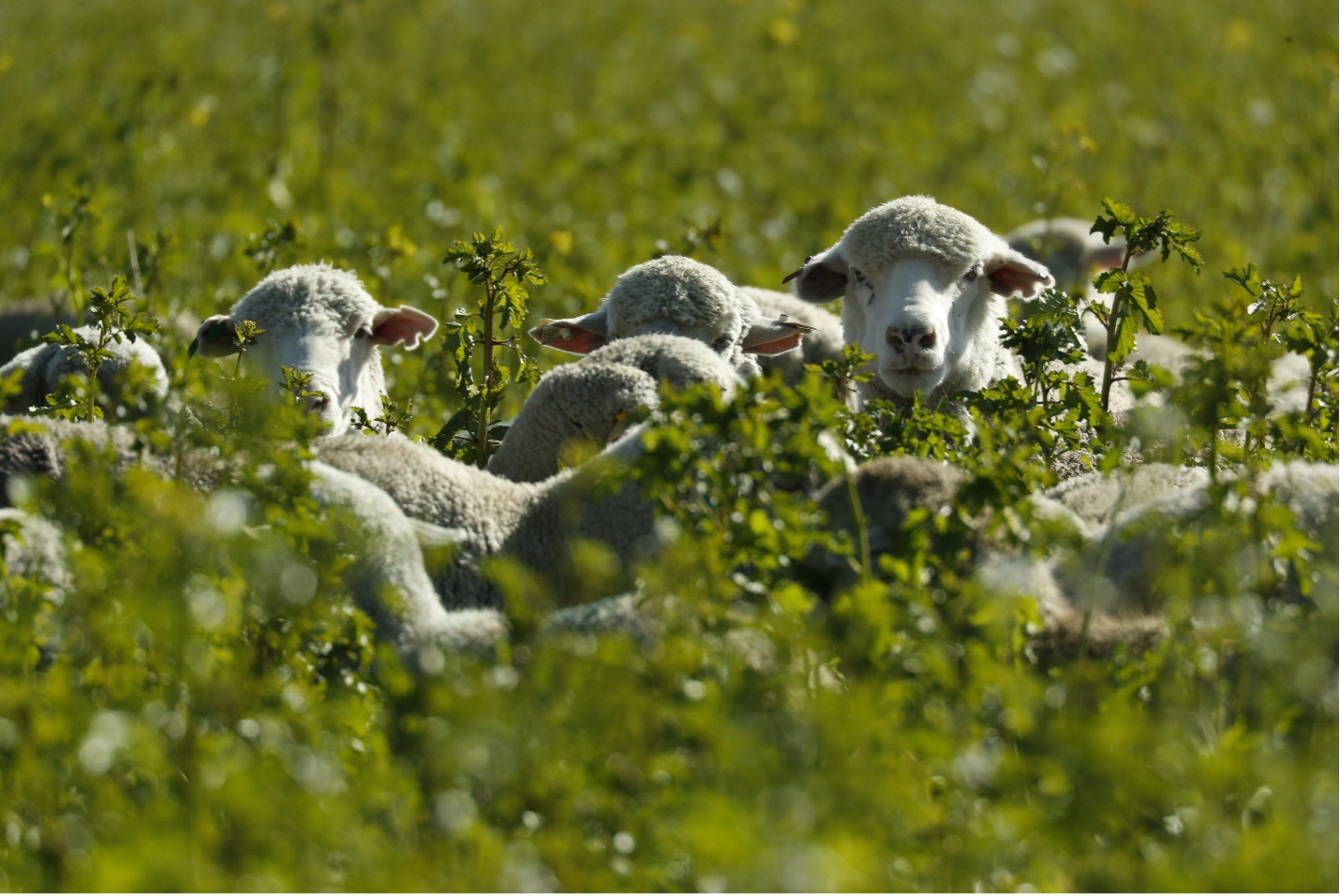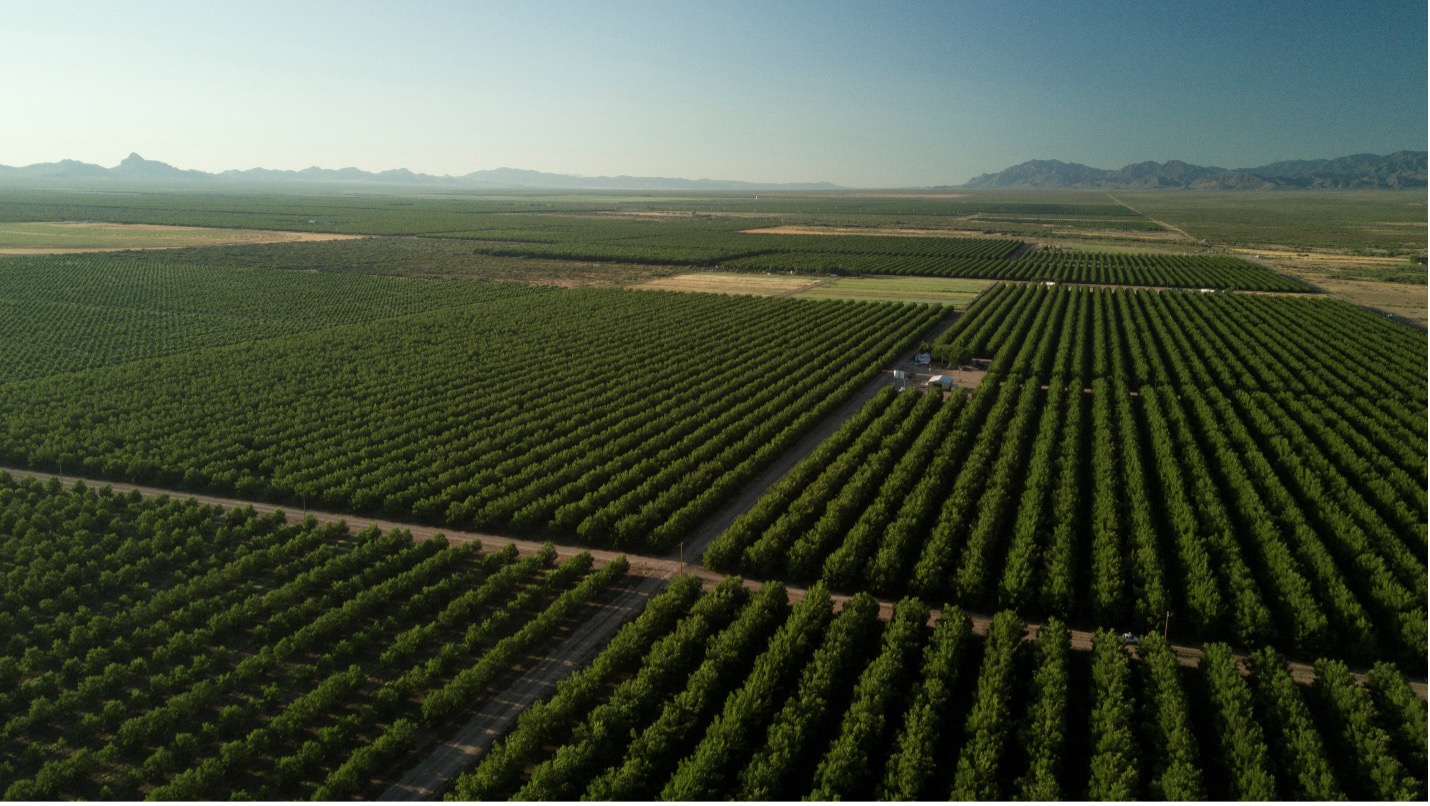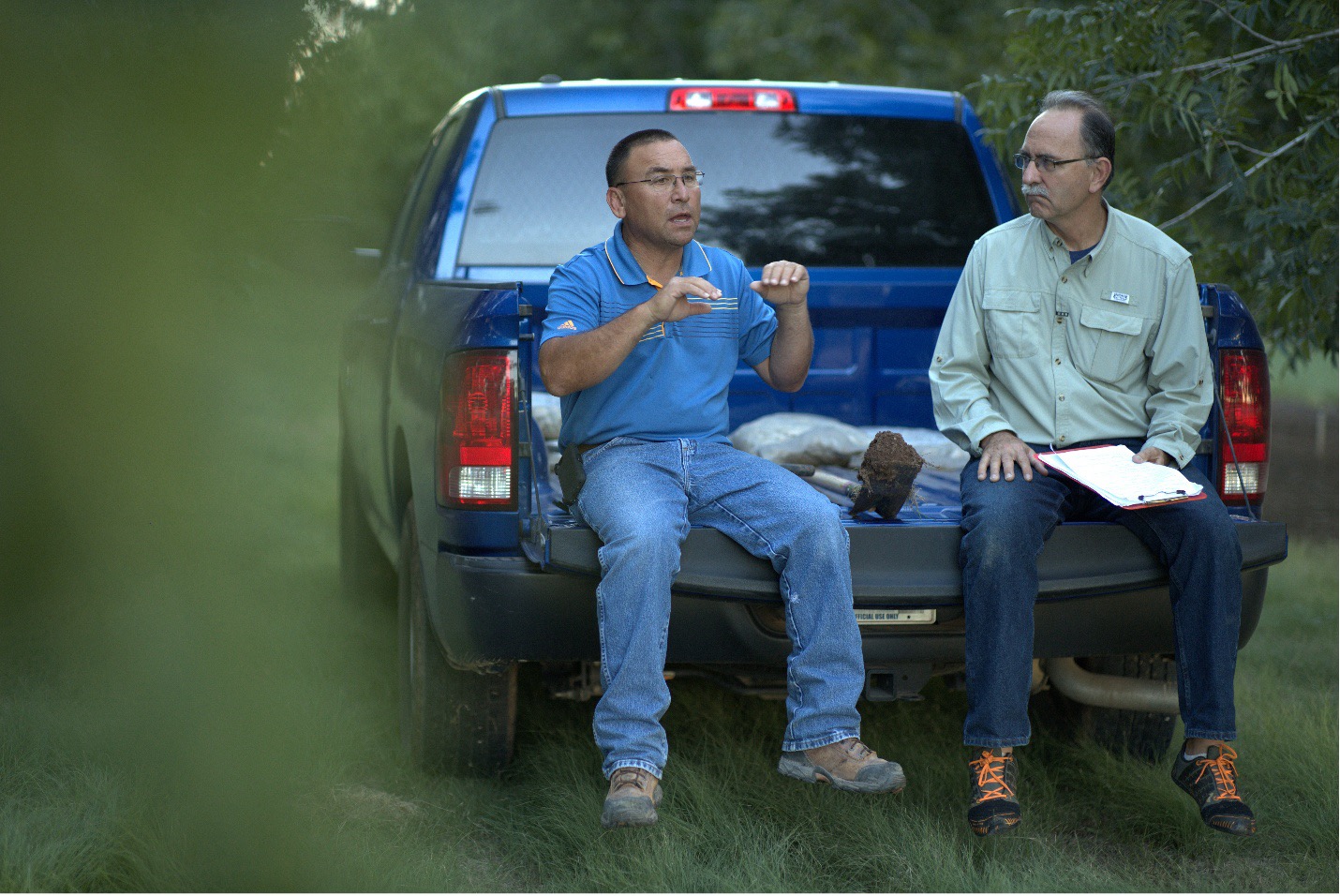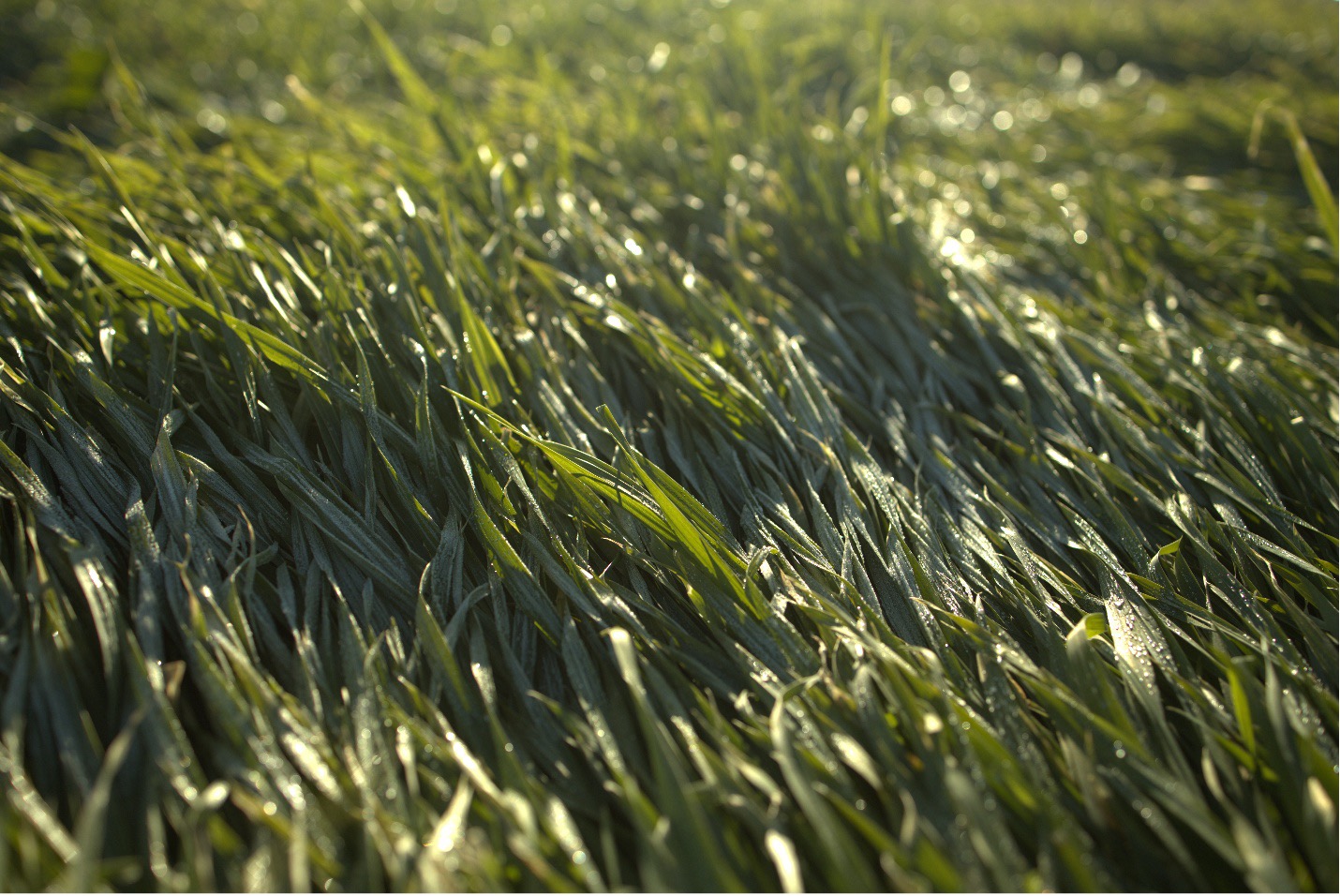
Atlanta-area native Greg Brown uses his past experience as chef to not only determine some of the vegetables and herbs that he grows, but also to benefit his CSA customers by providing them with delicious recipes for the sometimes unconventional produce they receive. While not certified organic, Greg grows without any chemicals and has found success with a variety of regenerative and/or soil health practices on his small one-acre garden outside of Columbia, SC. “A healthier plant resists pressures from disease and insects and things like that. Just like if you’re healthy you can fight off a cold; you may catch a cold, but you won’t suffer from it.” Taking care of his soils so they can grow the healthiest plants has been a key to success on Greg’s Green Leaf Farms.
1) What one thing have you done that’s been most important to the success of your operation?
It’s a little hard to narrow down just one thing, but the main thing is to believe in yourself. You can do it even if you think you can't. Things go wrong. Just do this, get up the next day and just keep going. You'll figure it out. You'll come across someone. You'll find the right marketing. Just stick to it.
2) Can you recall a moment or time when the light bulb went on for you, when you realized that soil health practices make sense or that you should change the way you were farming?
It's kind of a gradual thing for me because when I started farming myself, it was always going to be that. But for me, when I have a nice, prepared bed and I get 80% seed germination, that's great. But when you get 90 or more, that's fantastic! So, when I see my germination rates that high, it lets me know that I'm doing the right thing, I’m making headway here.
3) What surprised you most when you changed the way you farm to include soil health practices?
What changed the most? Well, going on from mono cropping. You know, I used to grow beans or tomatoes or whatever and then harvest it. Then I’d till it in and walk away from the soil. So again, with soil health, always keep something growing in the ground, just keep the soil covered because of its bare, it will dry out or the rain may leach whatever nutrients are left in it. Keep growing things and you’ll realize instead of one crop, you can get two, three, or even four different crops, which will definitely increase your bottom line.
4) What would you say is the biggest misconception that people have who are not managing their farming systems for resiliency or soil health?
I would say just thinking that you can dump synthetic fertilizer and that will be enough. It really won't because there's a lot of salt in synthetic fertilizer. Salt does help the plant absorb more. But when you just keep adding it and adding it, it just ruins the soil over time. You know, you'll have two or three good seasons and then all of a sudden, your production rate just bottoms out. So, you just have to keep life in the soil. This is a living planet. Even the desert has life, you just can't see it because it's hot. You just have to be aware, just think of whatever you're feeding the soil, or your plants, you eventually will be eating that. So, you know, some crazy synthetic thing that may get you get good quick results, doesn't always mean that it's good.
5) Is there something you'd still like to do that you haven't yet done to improve your soil health on the farm?
The Korean farming method, I want to get more into that, and bio char. Biochar is a great thing, you know, if you have the time and space to make it. It's like having a bank in your soil because it's taking wood and sort of like making charcoal, but you go a little bit farther and burn it past the point of charcoal, you add water to it, to cool it down, and then it makes all those little charcoal briquettes expand and they become extremely porous. And once you do that, you'll inoculate it with whatever other worm mixture, fish emulsion, or any tincture or anything like that. Then you add it back to the soil and it keeps the nutrients in the soil for a lot longer.
6) What advice do you have for someone who's considering changing their farming system to one that's better for building soil health?
The advice that I have would be, depending on the size of where you're farming now and depending on the system, to just start with a small experiment in little section. You’ll get all the ins and outs figure it out before you scale up because you never know what mistake or something you may have overlooked may do, or what may be too much of something. So yeah, just start small, be patient, and keep plugging away.
7) When you walk across your garden beds, what do you look for as an indicator of a healthy system?
Life! Even if I have a weedy patch, I know that it's still good and healthy because the weeds aren't going to grow where they can’t get nutrients. So, you know, when I walk through the field checking everything out, and I do that once or so a week, just look for the color of your soil. Is it dark enough? Get down and feel it. Is it crumbly enough? Can you put your hand down into it or can you put a rod into the soil? How deep will did that go? 6, 12 inches? What do you see crawling around? Do you see a lot of vole or mole tunnels? Or deer tracks? Stuff chickens messed up? Even as aggravated as I get at deer, they’re still an indicator that I'm doing something good because they wouldn't be hopping over the fence to eat my crops if it wasn't good!
8) What are the signs your garden beds are resilient and what does resiliency mean to you?
Well, a couple different things. Sometimes if I’ve grown more of a crop than I can use and make of the seed, having it reseed itself the following season. Last year when I was weeding this one bed to get ready to grow something, I noticed some weeds. I thought it was parsley, but what it really was, was celery. So, some of my celery seeded and they came up all over the place. I spent an hour digging up little celery transplants, which may seem like a long time, but really, it saved me a lot of time because normally I would be seeding those in a tray, keeping them watered, waiting till they got enough to transplant. But this time I was here, it was cold, the ground was wet, so dug ‘em out, and I just moved them over to a bed that I was growing celery and it was great. So having things reseed pop up when you don't expect that shows that the resiliency is doing good.
Another example from my old place in Georgia; I was growing cilantro in early Spring and had been harvesting from it. Then I mowed that bed down and tilled it in, then it got weedy so I came up with the weed eater to cut it down and I realized I started smelling cilantro. This was now June, and cilantro does best Fall through Spring and does not like the hot weather at all. But, the soil the conditions were so good for it that it came back up. I brought cilantro to the market in June and everybody thought I was amazing. I really wish like I take credit for that, but I think the weeds just grew up enough to shade them and the soil was so good that they just kept growing!
9) In what ways do healthy soil practices also make sense to you economically?
Wow. Well, you save on inputs because healthy soil, with a good, high organic matter and lots of carbon will hold nutrients in it for a very long time. It will hold nutrients, it will hold water. Plants just grow well in it and there’s not a lot of weed pressure. Well, there’s always going to be some weed pressure, but not a lot. So just having good health makes for a more nutritious crop. A farmer once said to me, “you spend $5 on the plant and $50 on the hole”. So, you're not so much farming for the crop, you're farming to build a better soil to maintain that crop. I look at soil as something more than to hold roots. I look at soil as a good, nice bed where it's comfortable, everything and almost anything can grow in it without stress or worry. And of course, you know, a healthier plant resists pressures from disease and insects and things like that. You know, just like if you're healthy, you can fight off a cold, you'll catch a cold, but you won't suffer from it.








